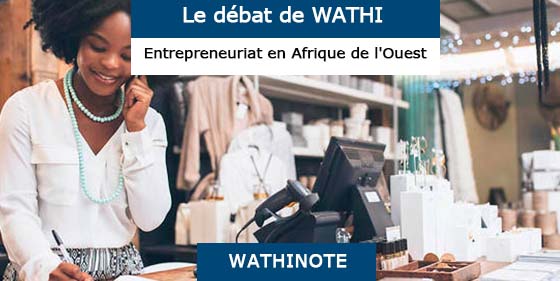

Author: Catherine Cheney
Site of publication: Devex
Type of publication: Article
Date of publication: May 2021
From small nonprofits to large venture-backed companies, organizations led by Africans tend to get less money — with more strings attached — compared with those led by others. Just 5.2% of U.S. foundation funding for Africa goes to local organizations, according to AVFund. Traditionally, many small and medium African enterprises have struggled to access the capital they need to grow.
The COVID-19 pandemic has highlighted the power of proximity. Locally led organizations across Africa that have their communities’ trust have often been better positioned to respond to changing needs when many international NGOs recalled their staffers to their home countries. But some of the same barriers that prevent donors from supporting local NGOs and civil society extend to philanthropy and venture capital, and it remains to be seen whether the lessons of COVID-19 will lead to more funding for African-led organizations.
Shifting power in domestic and international grant-making
For many funders, COVID-19 served as a wake-up call on the need to shift power to people who are closer to the problems. But not all foundations are making this transition. And when they do not trust the local founders they are supporting, they try to maintain control — often by asking them to follow rigid guidelines.
“You can’t really breathe as an organization,” said Wendo Aszed, the founder and executive director at Dandelion Africa, a grassroots organization working to improve the sexual and reproductive health and economic livelihoods of women and youths in Kenya.
Sign up to Devex Invested. Our weekly newsletter inside business, finance, and the SDGs.
When donors ask for impact metrics to understand how their dollars are making a difference, she said, they seem to forget that metrics represent not just numbers, but people.
Bridging the gap
Investors headquartered in North America accounted for 42% of all African venture capital deals over the last five years, according to the African Private Equity and Venture Capital Association, but they have favored African startups with white founders.
When investors make a bet on a team, they rely on trust and their own networks. That can lead to disparities based on gender, race, or education levels, even among the African founders who are getting funded, said Sangu Delle, a Ghanaian investor and entrepreneur who chairs Golden Palm Investments Corp. And as investors go to their portfolio companies to get recommendations to expand their pipelines, those inequalities are further entrenched.
Investors headquartered in North America accounted for 42% of all African venture capital deals over the last five years, according to the African Private Equity and Venture Capital Association, but they have favored African startups with white founders
Development finance institutions, including the World Bank’s International Finance Corp., are investing in funds in Africa. Many have committed to invest more in low-income countries — the majority of which are on the continent — including through financing to support small and medium-sized enterprises that will create jobs.
Foundations, donor agencies, and DFIs can help bridge the gap to make some of these African-led organizations financially viable. But if DFIs don’t acknowledge their biases and make structural changes to address them, they will only perpetuate problems, Delle said.
AVFund, for its part, operates on a relatively small scale. The co-CEOs said they hope to see a shift among private foundations, as well as bilateral and multilateral donor agencies, as these larger donors work to prioritize localization, enabling communities to decide which programs and services will support their own needs.
But all too often, Bunten-Wamaru and Worku said, donors are tinkering with existing systems that have been shown to fail — rather than rethinking systems entirely.
From grant-making to impact investing to venture capital, there is a funding gap for African founders and leaders, as well as a failure to shift power and decision-making closer to the problem solvers, they said.
“It eventually comes back to this root of power and racism and bias,” Bunten-Wamaru said. “All of those tools are important, but if funders have not come to understand the power problem, it will continue to perpetuate inequities.”
Les Wathinotes sont soit des résumés de publications sélectionnées par WATHI, conformes aux résumés originaux, soit des versions modifiées des résumés originaux, soit des extraits choisis par WATHI compte tenu de leur pertinence par rapport au thème du Débat. Lorsque les publications et leurs résumés ne sont disponibles qu’en français ou en anglais, WATHI se charge de la traduction des extraits choisis dans l’autre langue. Toutes les Wathinotes renvoient aux publications originales et intégrales qui ne sont pas hébergées par le site de WATHI, et sont destinées à promouvoir la lecture de ces documents, fruit du travail de recherche d’universitaires et d’experts.
The Wathinotes are either original abstracts of publications selected by WATHI, modified original summaries or publication quotes selected for their relevance for the theme of the Debate. When publications and abstracts are only available either in French or in English, the translation is done by WATHI. All the Wathinotes link to the original and integral publications that are not hosted on the WATHI website. WATHI participates to the promotion of these documents that have been written by university professors and experts.
